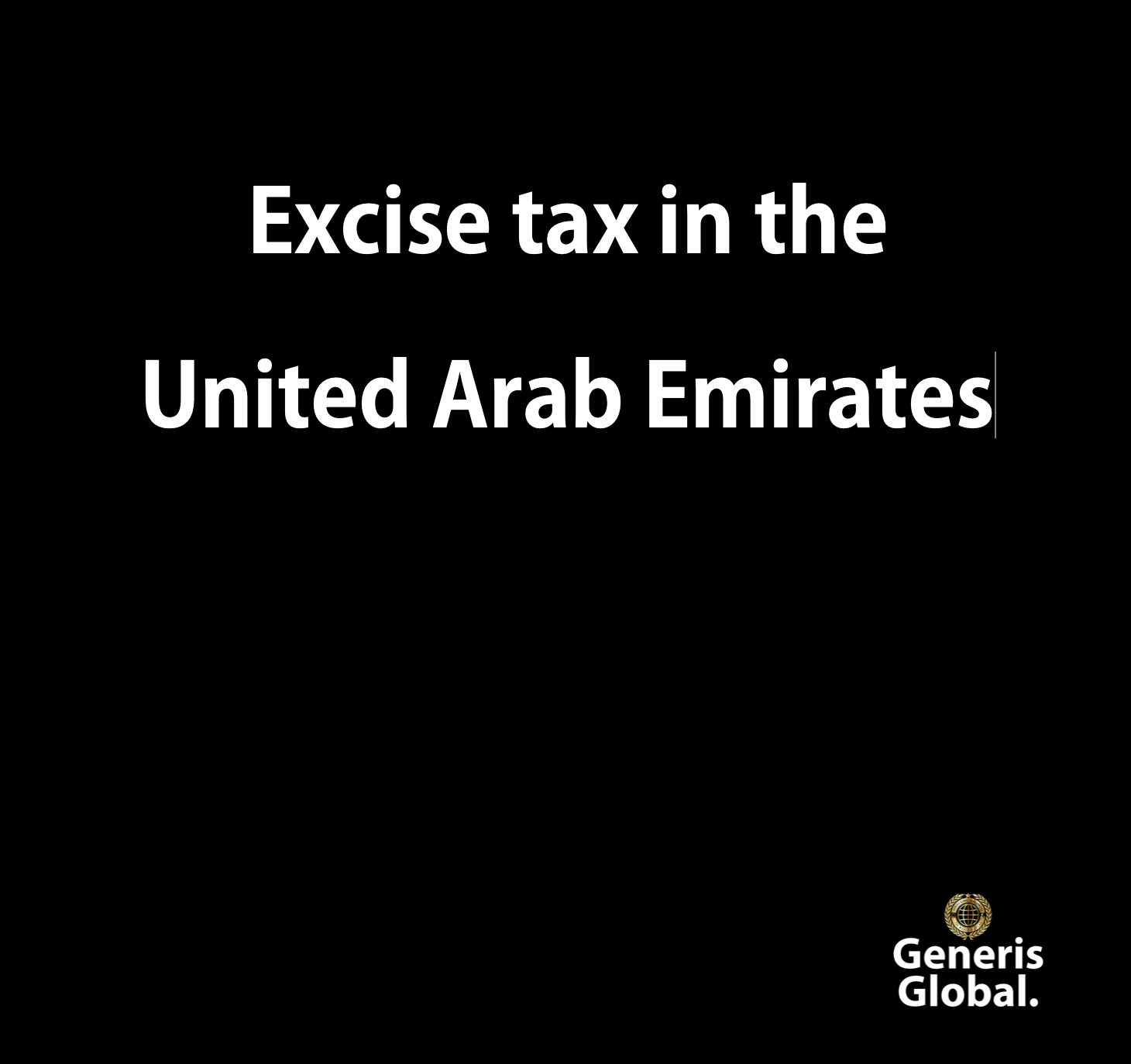The Federal National Council announced the introduction of the UAE excise tax, the latest in a series of different planned UAE levies to mark the beginning of the fourth quarter of the year. Excise tax in the United Arab Emirates is mostly applied on goods that have a detrimental effect on the environment and human health. Among the items subject to the UAE excise tax include cigarettes, energy drinks, fizzy drinks, and other alcoholic beverages, among other things. These goods are subject to tariffs ranging from 50 percent to 100 percent of their value. The UAE excise tax, or the legislation governing taxes, as proposed by the government, is expected to provide a revenue stream that would be used to increase the country’s resources. The good news is that these resources will be utilised to enhance, diversify, and safeguard the nation’s economic growth, providing companies and businesses in the United Arab Emirates with long-term opportunities.

While UAE excise taxes that are applied on manufactured products rather than saleable commodities may have a direct or indirect impact on different companies in the UAE, the best course of action is to raise awareness and ensure that all parties are fully conversant with the applicable laws.
Here are some of the questions that may assist commercial organisations and UAE companies in dealing with excise taxes in the UAE:
Table of Contents
When was the first time that an excise tax was imposed?
Federal Tax Authority (FTA) has announced that the UAE Excise Tax would be implemented in the fourth quarter of 2017 and that it will be effective on October 1, 2017.
Which sectors in the United Arab Emirates are subject to excise tax?
In the United Arab Emirates, excise taxes are levied on certain trade goods that are mostly deemed harmful to health and the environment, or even products that have negative effects on the body, such as caffeine and carbonated beverages. Tax marking of some other products, on the other hand, will be implemented at a later stage.
When will the UAE excise tax be levied and under what circumstances?
Excise tax may be charged in the UAE on the items mentioned, as well as on the manufacture of those products, the importation, storage, and logistics of the products, as well as the release of the excisable goods from a specific jurisdiction, depending on the commodity. The export of excisable products, on the other hand, is free from excise tax, and the UAE Excise Tax Law provides for a number of refunds that may be applied for.
Which business jurisdictions or zones in the United Arab Emirates will be subject to UAE excise tax?
The UAE offers jurisdictional advantages in the form of freezones and offshore jurisdictions in the UAE. The same is true for excise taxes, which are not levied in these countries on the manufacture of excisable products, nor on their storage or transit between these jurisdictions. In contrast, only when the subjected products are disseminated in the local market will an excise tax be levied on them.
Is it mandatory to submit returns after paying excise taxes in the United Arab Emirates?
It is necessary to submit returns at the intervals specified in the UAE Excise Tax Law, as well as to adhere to the deadlines and criteria set out in the administrative rules. In addition, the UAE Excise Tax Law, which is governed by UAE Federal Law No. (7) of 2017 on Tax Procedures, specifies a number of administrative responsibilities and penalties for tax evasion, all of which must be researched and adhered to strictly.